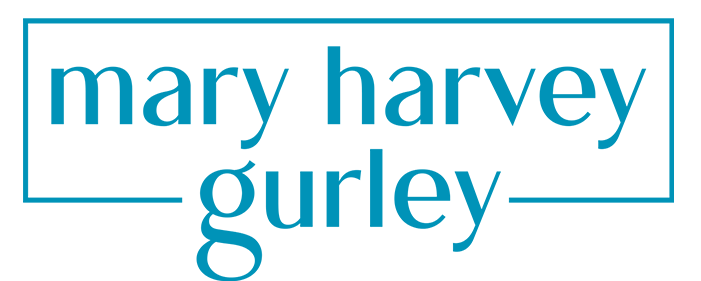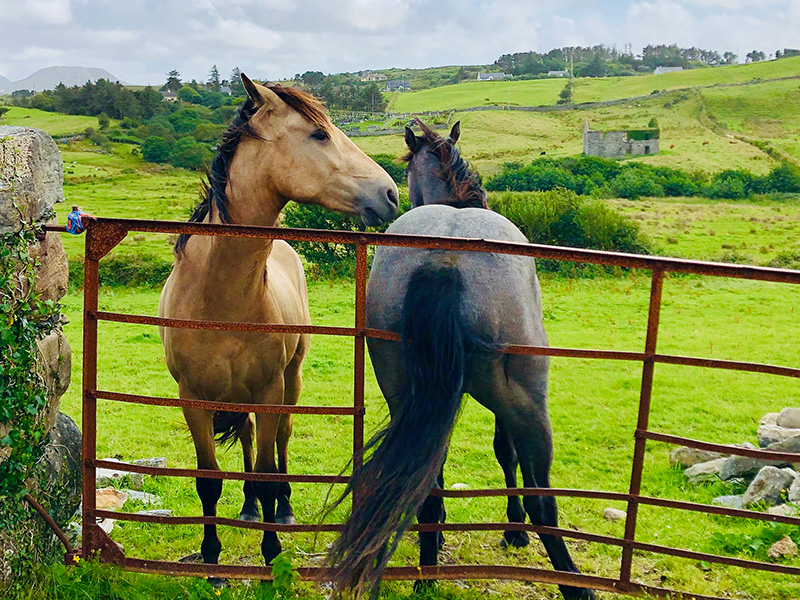The Art of Laughing at Yourself
When Your Body Rebels, Reach for Humor
Today, I have a pinched nerve firing white-hot pain from my shoulder to my neck. My brain is making grand plans — clean the closet, finish writing, replant a garden bed before lunch. But my body has filed a formal complaint: it’s not participating.
So, I laugh and reach for another Tylenol.
What else can you do when your spirit is 25, but your almost-67-year-old body is staging a rebellion?
Why Laughing at Yourself Is a Lifesaver
There’s wisdom in that old proverb: “Blessed are those who can laugh at themselves, for they shall never cease to be amused.” It’s become my life’s mantra, and perhaps the most valuable coping skill I’ve ever developed.
I’ve always used laughter — sometimes inappropriately (at least to others) — to break tension. I came into the world with a bizarre sense of humor. I instinctively look for something funny to lift the mood when I get nervous or sad. A former boss once marked me down on a performance review, noting that “one of your greatest and worst gifts is your humor.” She wasn’t wrong. My inclination to find the funny edge has opened doors and occasionally slammed them shut. But as I age, my body and my life keep handing me new material, and I’ve learned to transform these challenges into moments of release rather than frustration.
The Science Behind the Laughs
Some days, I get so absorbed in projects that I forget to laugh. But I feel the immediate shift when I finally let loose a belly laugh. It’s not just psychological — laughter alters brain chemistry. There’s a reason “Laughter is the best medicine” has stood the test of time. When I laugh at my body’s latest rebellion, I’m not just changing my attitude — I’m releasing endorphins, my brain’s natural painkillers, easing the physical discomfort while boosting my mood.
Laughter as a Survival Strategy
Laughter is a survival tool — perhaps our most underutilized resource for resilience. Even in my darkest chapters, laughter found me.
When my niece was killed in a car accident, I coped by launching the “Top 10 Ugliest Flower Arrangements” contest. It was Christmas in a small town, and florists struggled to find appropriate decor for a rodeo-themed funeral. One florist even cut the head off a plastic horse and stuck it in a spray. A basket of Dollar General electric blue flowers — a color not found in nature and one God certainly wouldn’t have created.
No matter how many times we hid the blue arrangement, it kept reappearing — at the church, the viewing, the graveside. Some thought it was irreverent. But that laughter was what got our grieving family up and moving again. I’m not a doctor, but I know what endorphins do. Humor jumpstarts healing when nothing else can reach us.
Finding Humor in the Unlikeliest Places
When I buried my husband’s ashes, the funeral director sealed the opening with masking tape. I had my head down, weeping, when I suddenly heard that distinct rip of tape. I burst out laughing. That was Paul—Mr. Masking Tape Fixes Everything—giving us one final joke when we needed it most.
Laugh Lines Are Survival Marks
I’ve earned every laugh line around my face. They didn’t come only from joy, but from finding the absurd thread when life unraveled.
Laughing at myself isn’t about downplaying life’s challenges. It’s about holding them more gently and choosing not to carry every imperfection like a stone. It’s my way of resetting my nervous system when everything feels overwhelming.
Reframing Aging Through Humor
As we age, a few changes come with punchlines attached—our memories glitch, our joints crack, our energy requires careful rationing, and the losses accumulate.
But laughter doesn’t ignore reality — it reframes it.
It says, “I see you, self—in all your glorious imperfection. And I’m still with you.”
Humor Reveals Truth and Builds Resilience
In a comedy writing class years ago, I opened a skit with: “Every day I mix drugs and coffee to create a version of Mary Harvey Gurley that the world can tolerate.” The line got laughs but also revealed a truth I was beginning to understand humor lets us say the unsayable, acknowledge the gap between who we are and who we present, and somehow make peace with both versions of ourselves.
Laugh and Keep Living
Age is a gift not everyone is given. Perspective is the companion gift we can give ourselves.
The next time something goes sideways — you forget why you walked into a room, or realize you’ve worn mismatched shoes all day — pause.
Before the self-criticism starts, take a breath.
Find the absurd edge. Then laugh.
You’re not broken. You’re becoming. And laughter is your companion on this journey.
Laugh hard. Laugh often, especially at yourself.
It means you’re still in the game—even when your pinched nerves protest and your body stages a rebellion. Because this beautiful, imperfect game of life is still worth playing.

